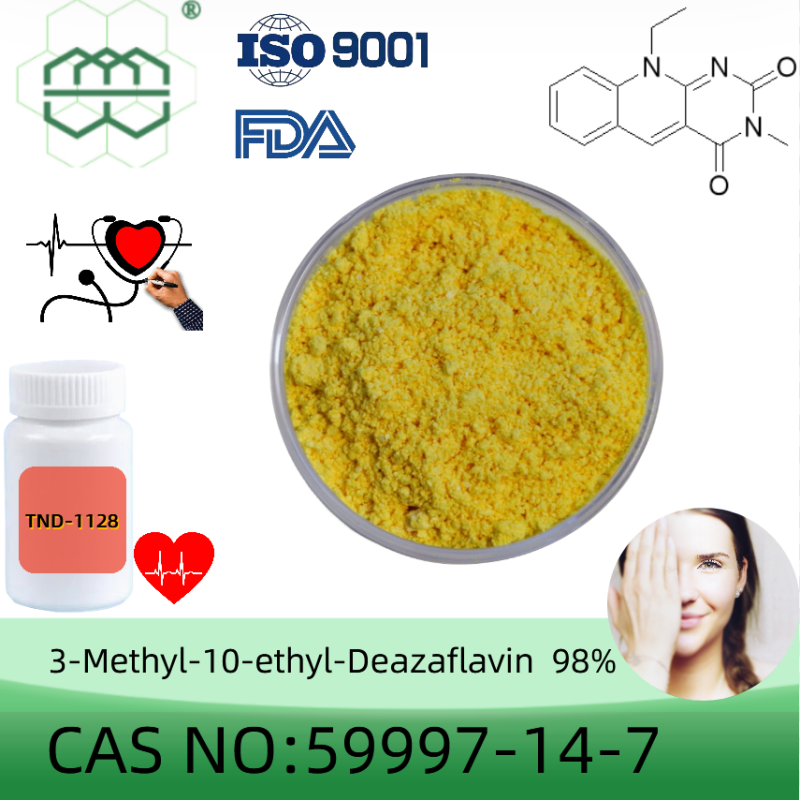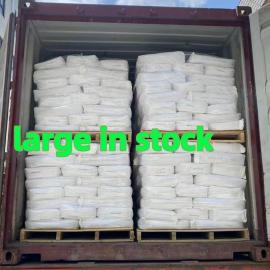-
Categories
-
Pharmaceutical Intermediates
-
Active Pharmaceutical Ingredients
-
Food Additives
- Industrial Coatings
- Agrochemicals
- Dyes and Pigments
- Surfactant
- Flavors and Fragrances
- Chemical Reagents
- Catalyst and Auxiliary
- Natural Products
- Inorganic Chemistry
-
Organic Chemistry
-
Biochemical Engineering
- Analytical Chemistry
-
Cosmetic Ingredient
- Water Treatment Chemical
-
Pharmaceutical Intermediates
Promotion
ECHEMI Mall
Wholesale
Weekly Price
Exhibition
News
-
Trade Service
Original title: Drinking oolong tea can "sleep while losing weight"? A randomized controlled double-blind trial said...
In a recent study published in the journal Nutrients, a team led by Tsukito University in Japan found that drinking oolong tea seemed to help make our dreams come true. The study was funded by the Japan Association for the Promotion of Science (non-tea merchants).
all tea leaves come from the same plant, the tea tree, but because of the degree of oxidation and determine the variety of tea. For example, green tea is unoxidized and tastes mild, while black tea's unique color comes from the process of complete oxidation, and oolong tea is between green tea and black tea, only partially oxidized. It has the characteristics of both green tea and black tea. In the biooxidation process of the engenic enzymatic reaction, the caffeine is converted into tea polyphenols and the caffeine is slightly broken down, which may affect a variety of physiological functions of the human body.
tea has been praised for its good health and has been widely studied. What about oolong tea?
Like all teas, today's protagonist, oolong tea, also contains caffeine, which studies have shown can affect energy metabolism by speeding up heart rate, and studies have shown that oolong tea may also increase fat breakdown, which is not related to caffeine.
to gain insight into the effects of oolong tea and single caffeine on human energy and fat metabolism, the team designed a placebo-controlled/double-blind/cross-intervention trial in which 12 male healthy volunteers aged 20 to 56 were (Excluding BMI, food allergies, smoking, chronic diseases, frequent use of medications and dietary supplements, night shift workers or traveling across time zones within 1 month, daily caffeine intake of more than 300 mg, and sleep problems) were included in the group. They were divided into three groups: the caffeinate-containing oolong tea group, the caffeine group and the placebo group. All three drinks are packed in 350ml cans.
the 14-day trial, participants drank two cans of test drinks (350 ml/can; one can for breakfast and one can for lunch): oolong tea, caffeine or placebo. Do not drink other caffeinated beverages (such as coffee and tea) or alcohol during this period. The scheduling period between the two treatments is at least 14 days. During the trial, the subjects maintained their daily activities and eating habits.
, the researchers found that both the oolong tea and caffeine groups had increased their fat breakdown by about 20 percent compared to placebos. It is worth mentioning that during sleep, the subjects of the oolong tea group had significantly lower respiratory (RQ) than the caffeine group, which means that oolong tea is still playing a role in fat oxidation during sleep. Interestingly, neither group caused an increase in energy consumption, suggesting that the volunteers were resistant to caffeine stimulation during the 14-day trial.
that lack of sleep affects energy metabolism and caffeine intake affects sleep, the researchers studied the sleep patterns of volunteers. Notably, there was no significant difference in sleep patterns or sleep duration between the treatment group and the placebo group, suggesting that drinking oolong tea was less likely to prevent you from getting a good night's sleep.
, can we drink oolong tea to offset the indulgence of our diet during the holidays?
is possible," said Kumpei Tokuyama, a professor at Tsukubo University's International Institute of Integrated Sleep Medicine and lead author of the study. The stimulating effect of oolong tea on fat breakdown in sleep may have practical clinical significance for weight control. However, we need to determine whether the effects we observed in the two-week study can be translated into actual body fat reduction over a longer period of time. In addition, we wanted to experiment with a caffeinate-free oolong tea to better distinguish between caffeine and other ingredients in the tea, which will help us understand exactly how oolong tea helps fat break down. Link
paper:







